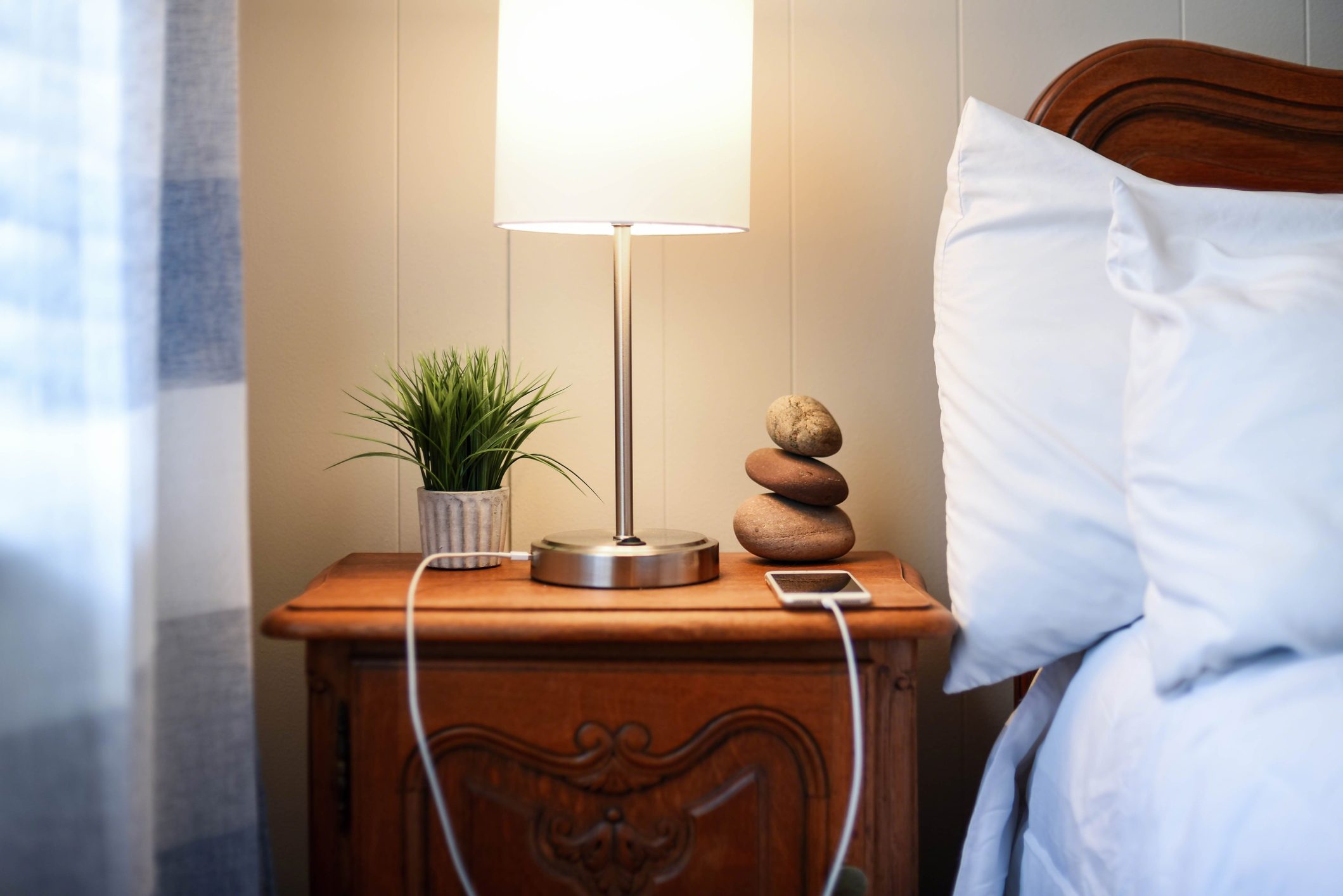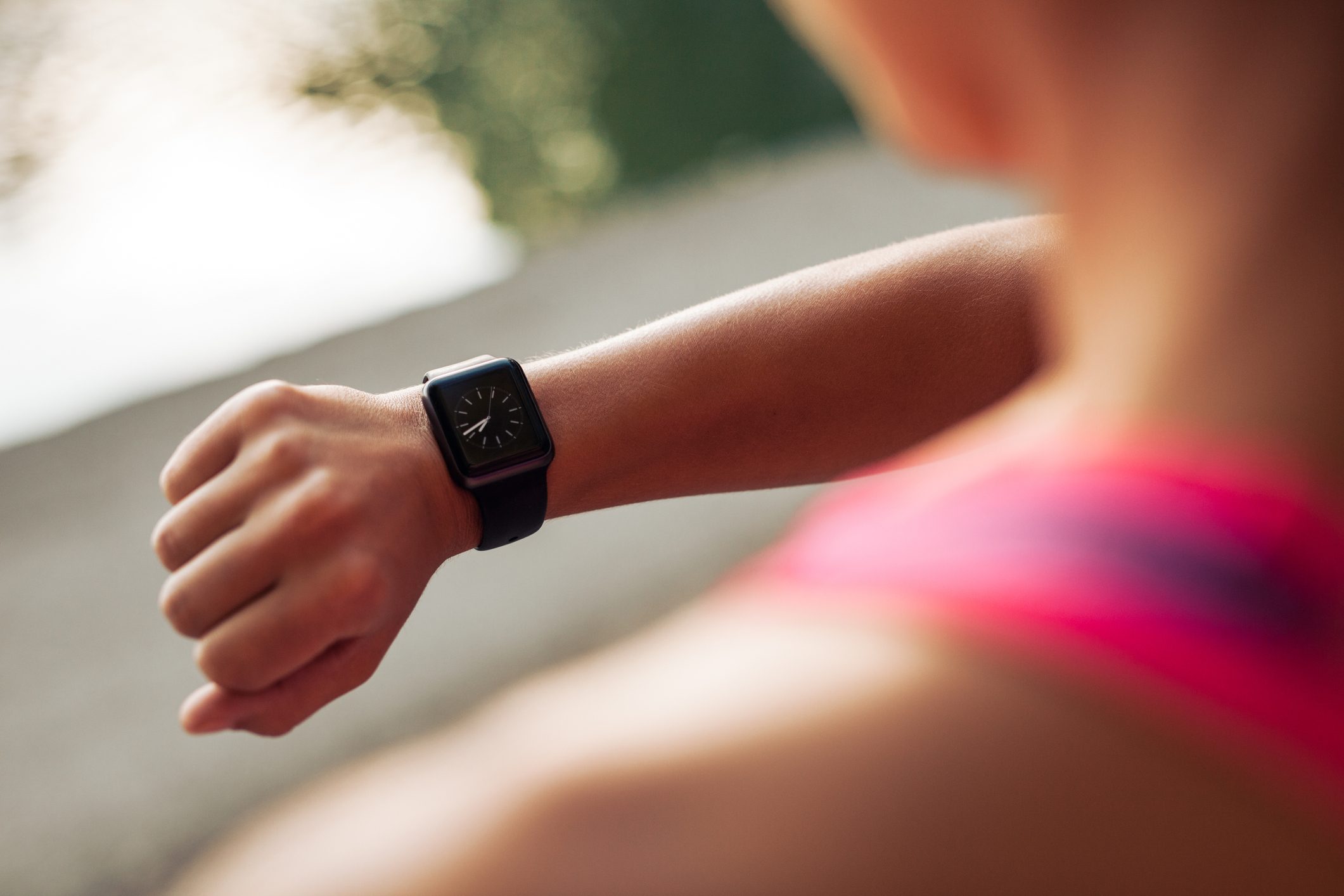Walking could boost your mood
Something as simple as a brisk walk could make your day. In the age of social distancing and coronavirus, there are some precautions you should take if you are going outside for a walk. Don’t crowd streets, wear a scarf or a mask to cover your face, and keep your distance from others. (Social distancing guidelines to prevent coronavirus suggest a gap between people of at least 6 feet.) With all that in mind, it is OK to get a little fresh air, enjoy the sunshine, and reap the benefits of walking. Here are some tips so you can get the most joy from your walk.

Add a bounce to your step
Faking it until you make it could apply to your walking style, according to a 2015 study in the Journal of Behavior Therapy and Experimental Psychiatry. A device measured if participants’ walking styles were happy (swinging their arms and standing up straight) or depressive (shoulders rolled forward with little arm movement). Without knowing what the scale meant, the volunteers were told to adjust their walking to change the gauge. After the walk, researchers read a list of 20 positive and 20 negative words. Participants who’d adjusted their walk to a more depressed manner remembered more negative words than those with a happier gait, which the researchers say could indicate that they had a more negative mindset. So keep your posture and walking style in mind as you stroll. (You can replace this study’s list of words with these positive quotes to keep a positive mindset.)

Choose a green setting
A 2015 study in PNAS found that people who strolled for 50 minutes in park-like areas of the Stanford University campus were happier and less anxious afterward than those who walked the same amount of time near heavy traffic. In a later study, the same researchers found that walking in green spaces made people less likely to brood over the negative aspects of their lives. (Here are the best walking shoes for your feet, according to podiatrists.)

Be mindful
People who said they were mindful during exercise were more satisfied with their workouts than those who said they were not, a 2016 Dutch study published in the Journal of Health Psychology found. The researchers say being mentally present helps people become more accepting of negative experiences. Numerous studies have reported that mindfulness can reduce stress, so try turning your stroll into a walking meditation to melt anxiety away. (After your walk, try one of these mini-meditations that can help banish stress from your brain.)

Don’t look at your phone
Fiddling with your phone distracts you, making you swerve and walk slower, according to research in Transportation Research Record: Journal of the Transportation Research Board. But it could also affect your happiness. A 2019 study in the Journal of Behavioral Addictions found that cellphone breaks don’t allow the brain to fully recharge. If you want your walking break to help you recharge, consider giving yourself a technology break when you stroll. Pay attention to the sights and sounds around you instead (and make sure you’re not making these walking mistakes.)

Walk for at least this long
The minimum number of minutes to walk for a mood boost is about 12 minutes, and of course you can make it longer if you want. Research published in Emotion found that the mood lift from a walk exists with or without things like sunshine, upbeat music, and social contact, too. If you have the time, try to make your walk last for at least 15 minutes. (Here are 14 surprising health benefits of a 15-minute walk.)

Take your dog along
Owning or adopting a dog is a great excuse to walk outside more. Talking your dog for a stroll is also good for your happiness—a survey from Rover.com found that 93 percent of dog owners de-stress by taking their pup for a walk. Other 2017 research also found that the motivation to take your dog on a walk is that it makes people happy since it also makes their dogs happy, too. If you’re ready to take things up a notch, here’s how walkers can become runners.